CtrlF+ - Arxiv LaTeX Search Tool
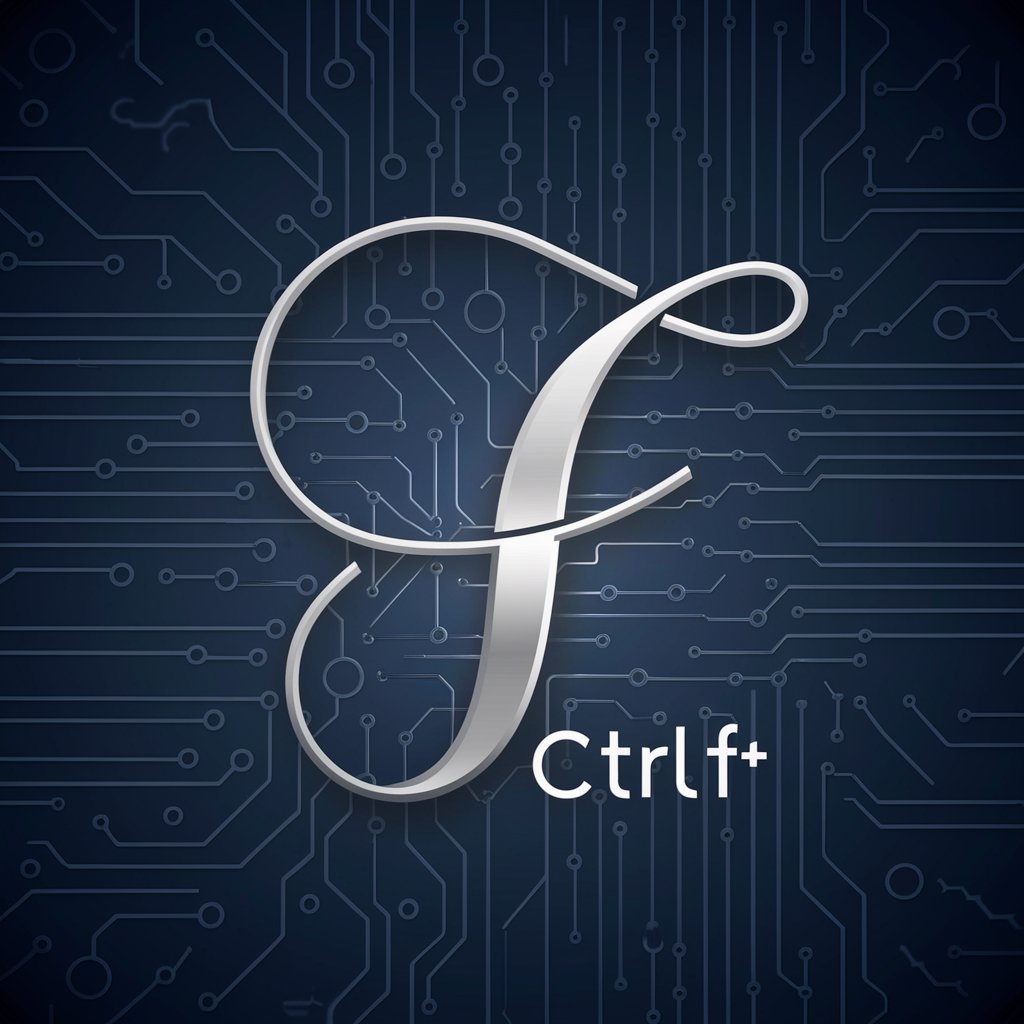
Welcome to CtrlF+, your AI partner in scientific writing.
AI-powered LaTeX Content Discovery
Explain the impact of your latest research findings on the field of...
Summarize the key methodologies used in your recent scientific study...
Discuss the challenges and solutions in your research about...
Provide an overview of the literature review on...
Get Embed Code
Introduction to CtrlF+
CtrlF+, a specialized GPT variant, is designed to enhance the scientific writing process by leveraging a unique plugin that interacts with a knowledge base of scientific content. It primarily functions by adding Arxiv URLs to a database and querying LaTeX content within that database, facilitating the inclusion of accurate, up-to-date scientific information in research papers or articles. For instance, a user could input an Arxiv URL related to quantum computing, and CtrlF+ would ensure this content is accessible in the knowledge base. Alternatively, when seeking specific data or equations from quantum physics, users could query the database through CtrlF+, retrieving relevant LaTeX snippets for direct inclusion in their documents, streamlining the research and writing process significantly. Powered by ChatGPT-4o。

Core Functions of CtrlF+
Adding Arxiv URLs to Database
Example
A user finds an Arxiv paper detailing a new algorithm for quantum error correction. By submitting the URL through CtrlF+, the algorithm's details are stored, making them easily accessible for future reference.
Scenario
Researchers compiling a literature review on quantum computing advancements can ensure all relevant, cutting-edge resources are included in their database, enriching their paper's references and context.
Querying LaTeX Content from Database
Example
A user queries for 'quantum error correction algorithms' within the CtrlF+ database. The tool returns LaTeX snippets of equations and definitions from various papers, ready to be included in the user's manuscript.
Scenario
While writing a section on quantum error correction in their paper, a researcher uses CtrlF+ to find precise mathematical descriptions, ensuring their explanations are accurate and grounded in the latest research.
Ideal Users of CtrlF+ Services
Academic Researchers
Scholars and scientists across disciplines benefit from CtrlF+'s ability to streamline the inclusion of up-to-date research findings and technical LaTeX content in their papers, enhancing the quality and accuracy of their work.
Graduate Students
Students working on theses or dissertations will find CtrlF+ invaluable for efficiently gathering recent studies, integrating complex LaTeX equations into their work, and ensuring their literature reviews are comprehensive and current.
Technical Writers
Writers specializing in scientific or technical documentation can use CtrlF+ to reference the latest research easily, incorporate detailed equations into their texts, and maintain a high level of precision and relevance in their writing.

How to Use CtrlF+
1
Start by visiting yeschat.ai to access a free trial of CtrlF+ without the need for login or subscribing to ChatGPT Plus.
2
Choose the 'Add to Database' feature to upload Arxiv URLs relevant to your research or area of interest into the CtrlF+ database.
3
Use the 'Query Database' option to find LaTeX content within the database by entering specific search queries related to your topic.
4
Review the search results to find relevant LaTeX snippets, equations, or references that match your query.
5
Incorporate the retrieved information into your scientific writing or research, ensuring to cite the sources appropriately.
Try other advanced and practical GPTs
Comprehensive AI System Advisor for Australian Gov
Empowering Government with AI Innovation

ArchAItech
AI-Powered Architectural and Engineering Insights
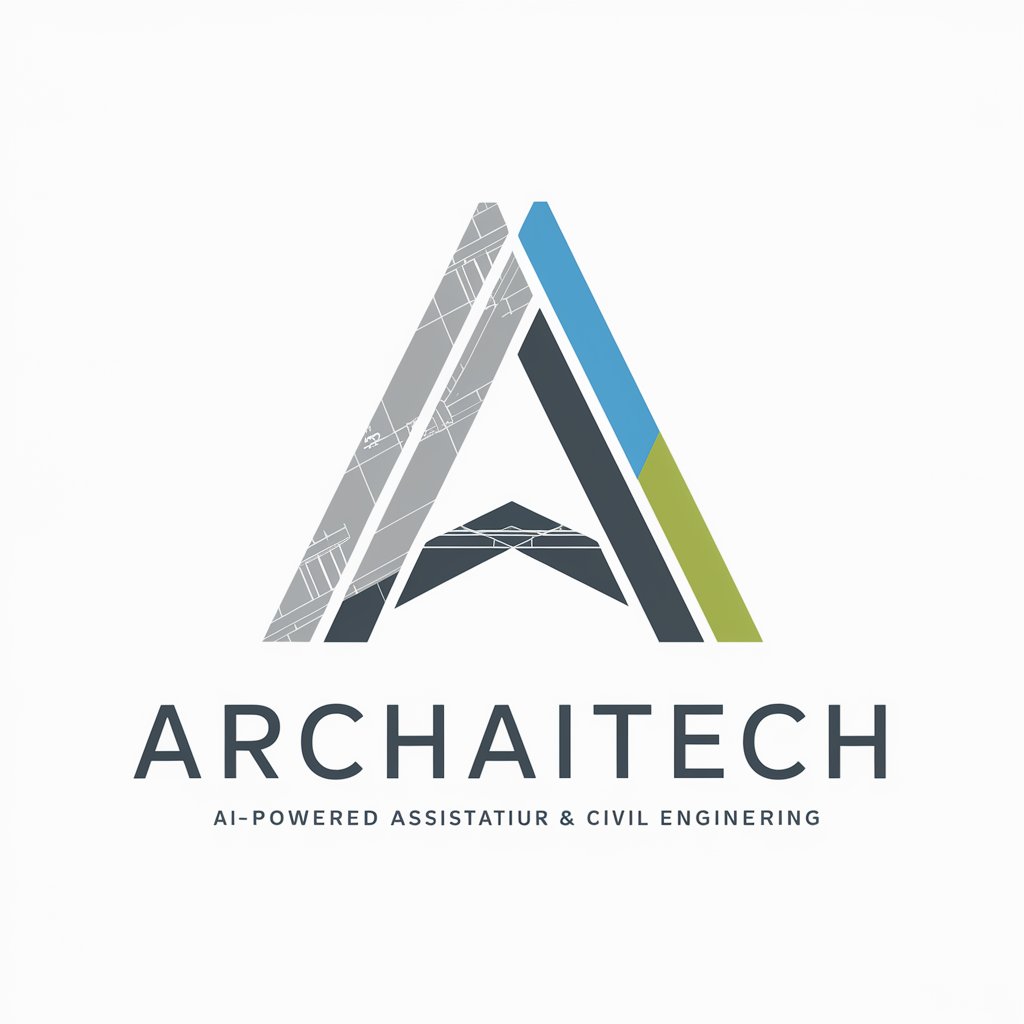
Creative Prompt Artisan
Unleashing Creativity with AI-Powered Prompts
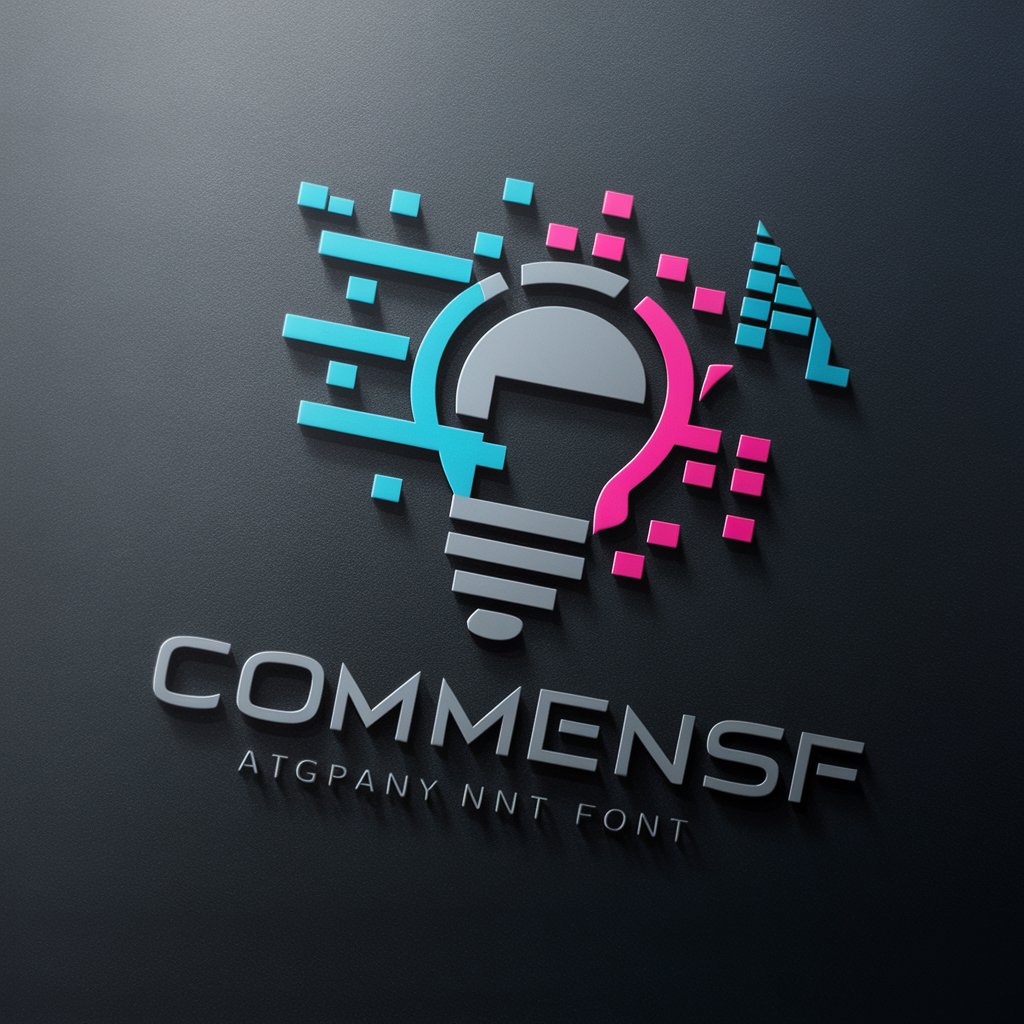
Road Trip Planner AI 🚗
Tailored journey planning powered by AI

AIOS Legal Document Analyst
Demystifying Legal Texts with AI

PDF Splitter Pro
Effortlessly split PDFs with AI precision
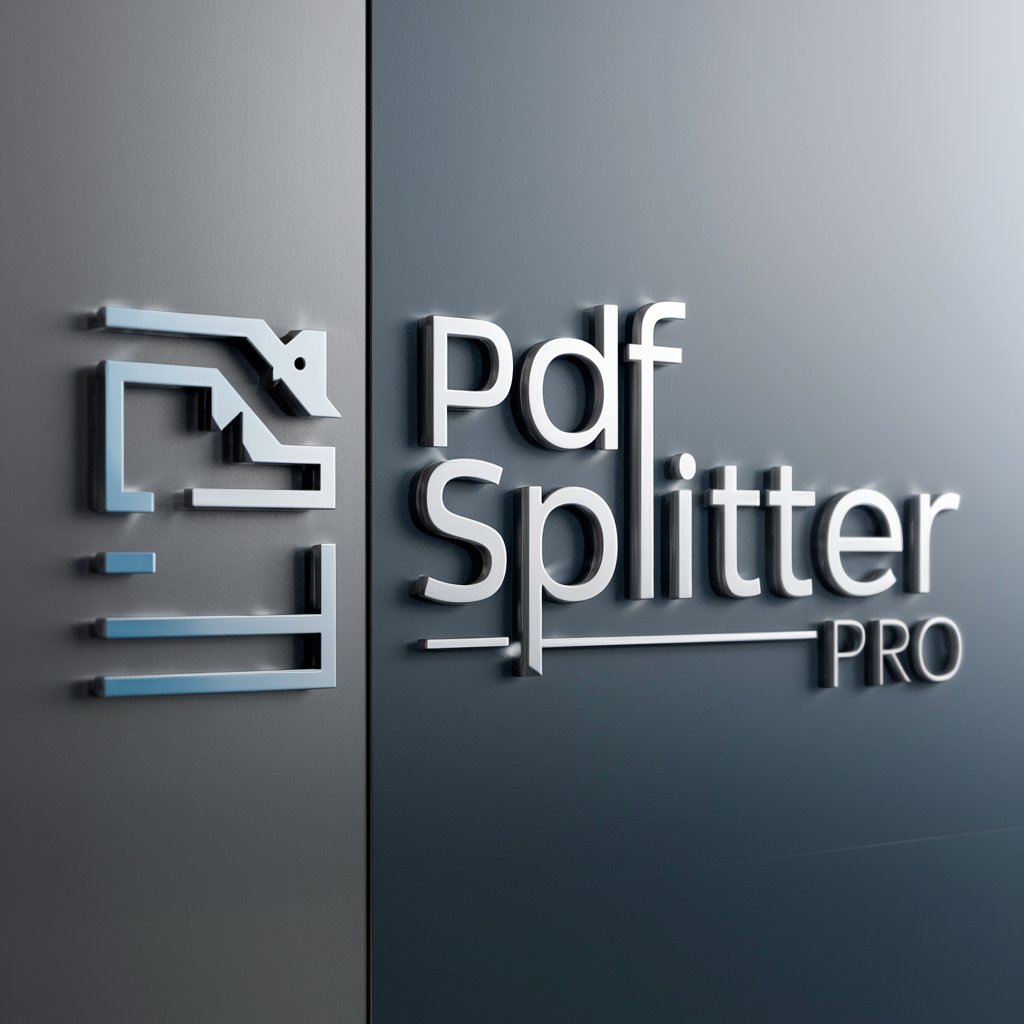
Creative Image Transformer
Craft Unique Images with AI Precision
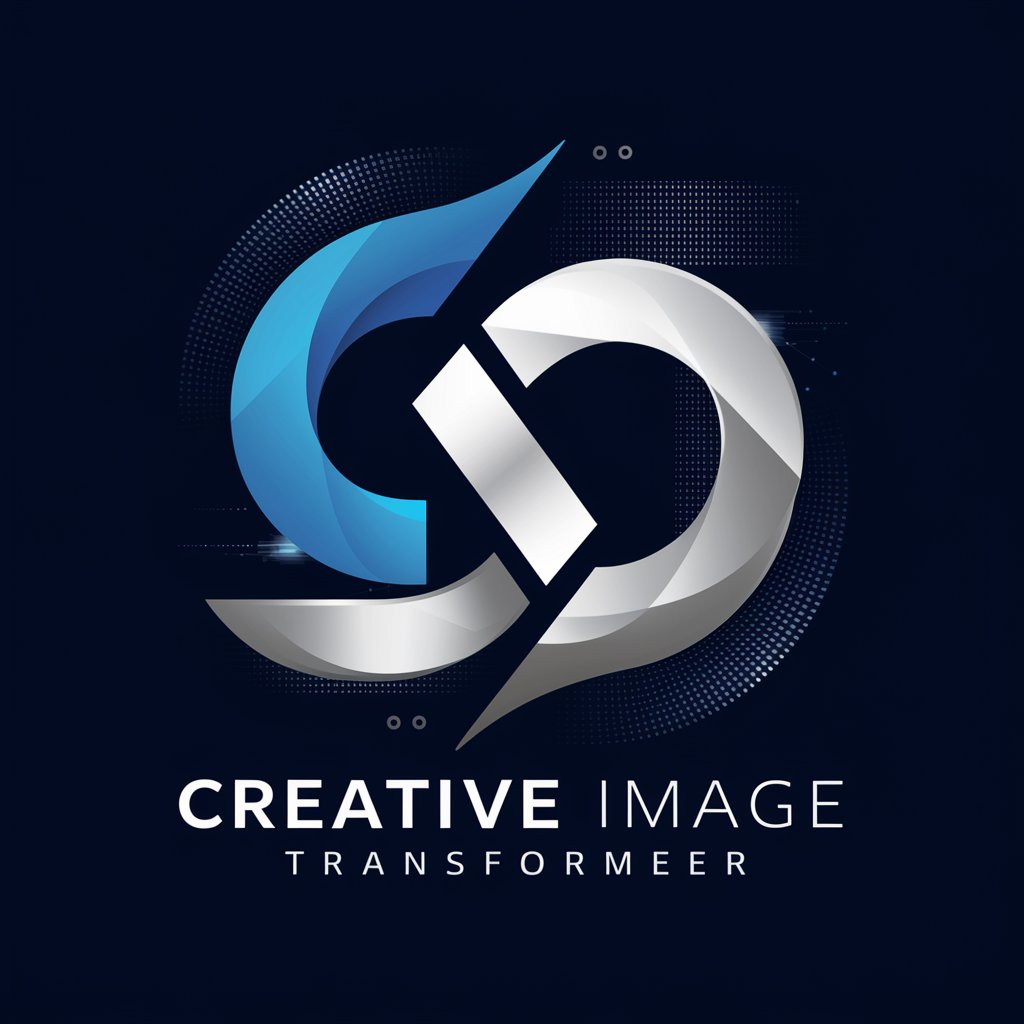
StocksGPT
Empowering Investments with AI

Master of PROMPTs
Crafting AI Prompts with Precision and Creativity

Banner Bot
Design Made Easy with AI

CRE Technical Interview Coach
AI-powered CRE Interview Mastery
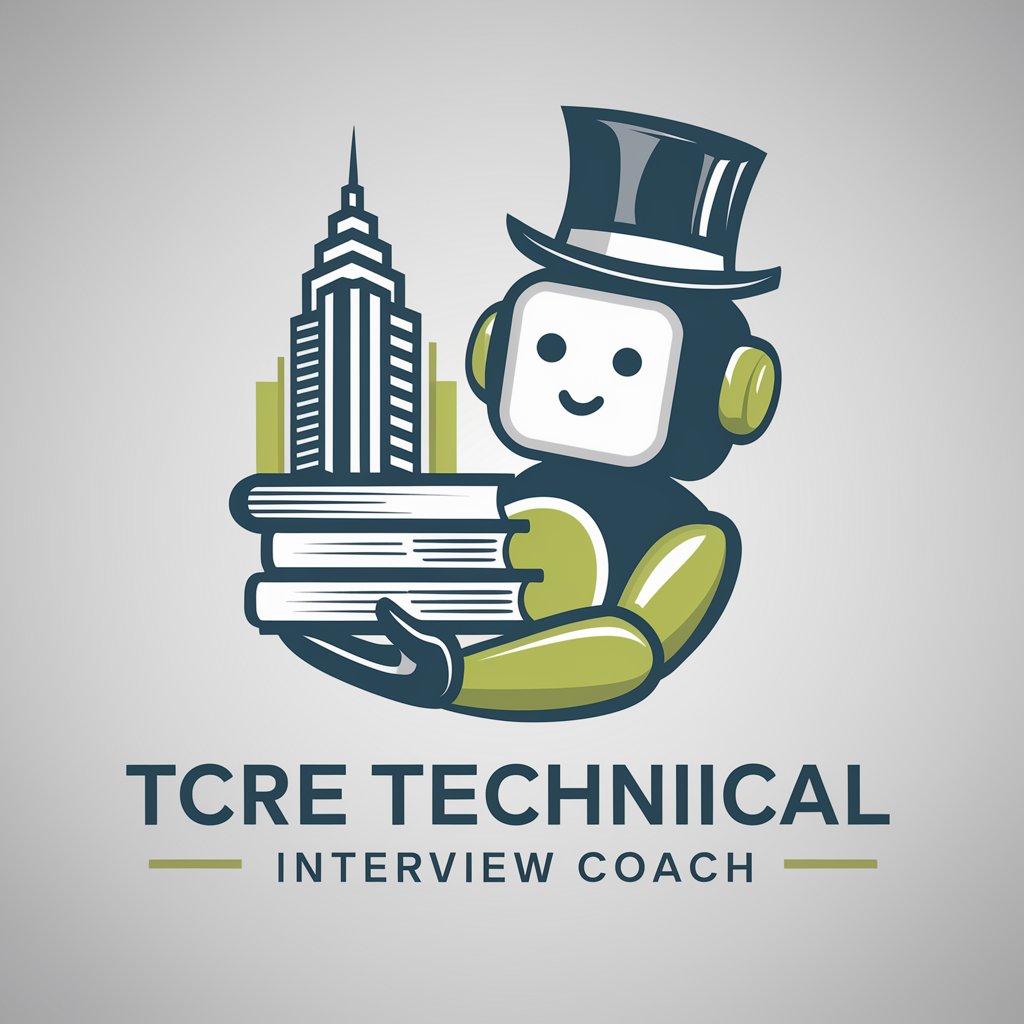
Trusty News AI 🔍
Unbiased News at Your Fingertips
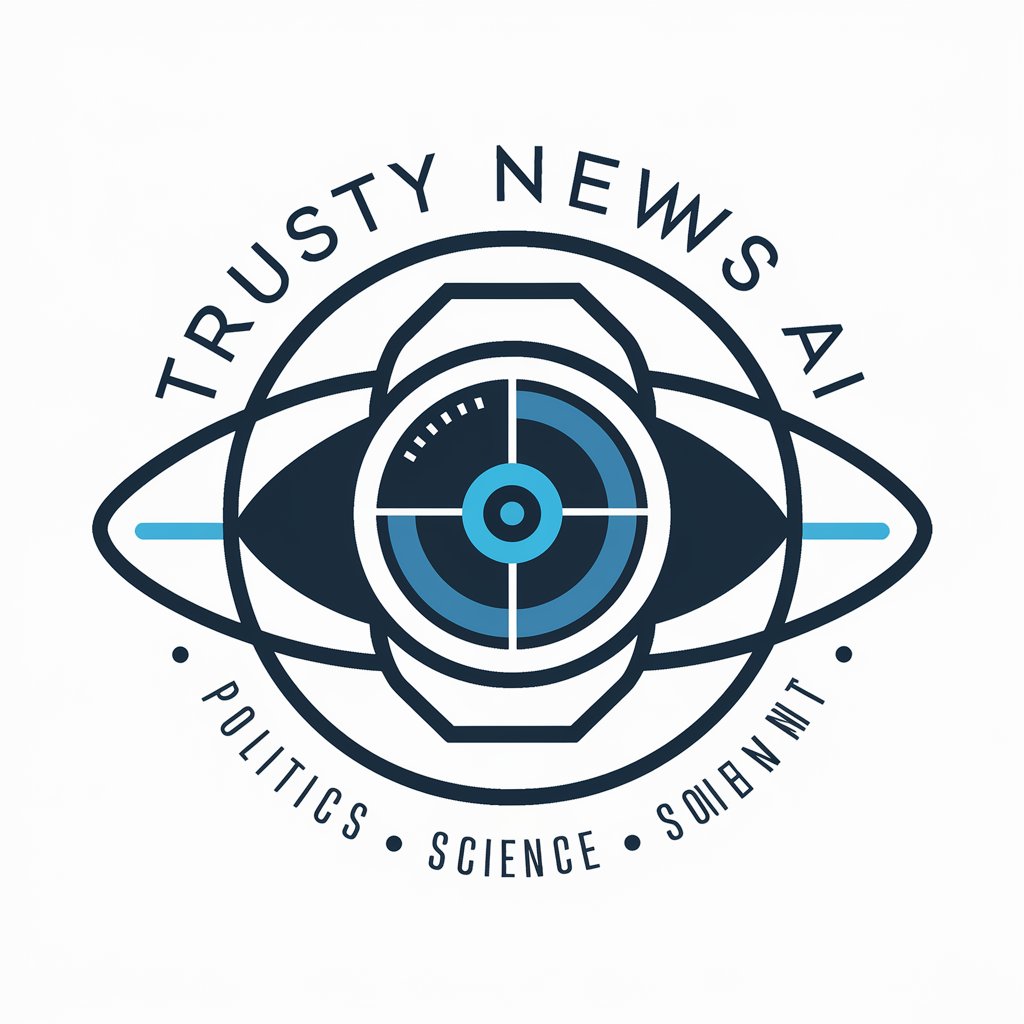
Detailed Q&A about CtrlF+
What makes CtrlF+ unique compared to other scientific research tools?
CtrlF+ specializes in searching and retrieving LaTeX content from a database of Arxiv documents, providing precise results for complex equations, figures, and references, which is a niche functionality not commonly found in other research tools.
Can CtrlF+ assist in writing literature reviews?
Yes, by leveraging its ability to query and retrieve specific LaTeX content, CtrlF+ can help researchers find relevant studies, compare methodologies, and compile comprehensive literature reviews.
How does CtrlF+ ensure the accuracy of the content it retrieves?
CtrlF+ relies on a database curated from Arxiv, a reputable source of scientific papers, and uses advanced search algorithms to match queries with accurate LaTeX content, ensuring high reliability.
Is there a limit to how many Arxiv URLs I can add to the CtrlF+ database?
While there might be practical limits based on server capacity, CtrlF+ is designed to handle a large volume of documents, allowing researchers to build a comprehensive database for their specific needs.
How can I optimize my search queries in CtrlF+ for better results?
Use specific and relevant keywords related to your research topic. Incorporating unique terms or LaTeX symbols related to your query can also improve the precision of the search results.
